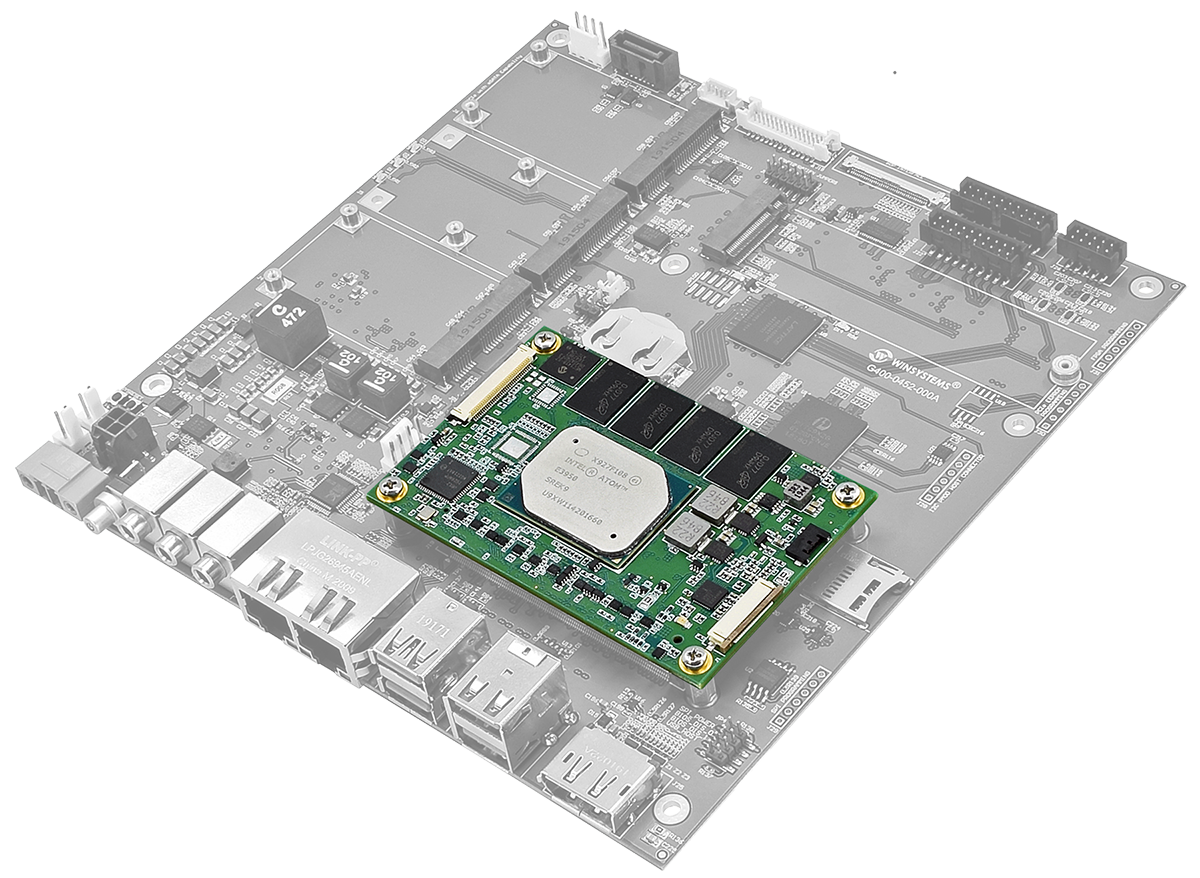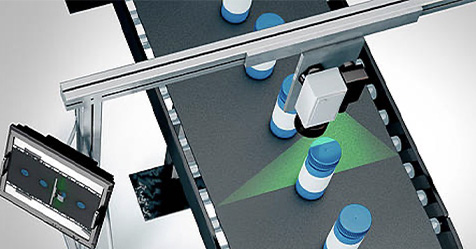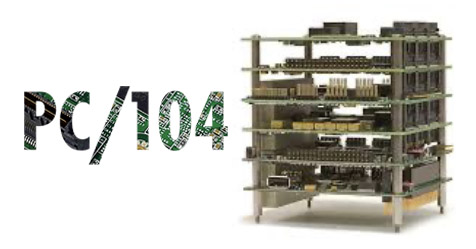Rugged highly reliable embedded computing solutions
COMs are essentially embedded computers built on a single circuit board. What differentiates the COM from a conventional single-board computer (SBC) is that it lacks the standard connectors needed to directly connect external I/O devices. Hence, the module would be mounted onto a carrier card or baseboard that breaks the system and I/O buses out… Read More »
Read More >The world’s supply-chain issues affect just about everyone, but the ones that really concern the embedded development community have to do with the chip shortages that we have seen for some time and will experience for the foreseeable future. There’s no real consensus on when things will get back to “normal,” but estimates range from… Read More »
Read More >Machine vision runs the gamut in factory automation applications, from handling security and maximizing production, to providing predictive maintenance for the machinery. On the production side, tasks could include inspection, orientation, identification, and assembly. While each of these elements could be handled by a human, there are many (emphasis on “many”) reasons why you would… Read More »
Read More >If your platform is connected to the outside world, experts will tell you getting hacked and suffering a data breach is practically inevitable. The key is to minimize the risk and contain the damage by employing the right amount, and combination, of hardware and software security. READ FURTHER—>>>
Read More >Recently, we discussed the differences between consumer platforms versus commercial platforms versus industrial systems versus military systems. Here, we’re going to dive a little deeper into the industrial versus commercial sectors and discuss why an industrial system is likely the better option versus a commercial system, particularly considering cybersecurity concerns. As a recap, we… Read More »
Read More >






